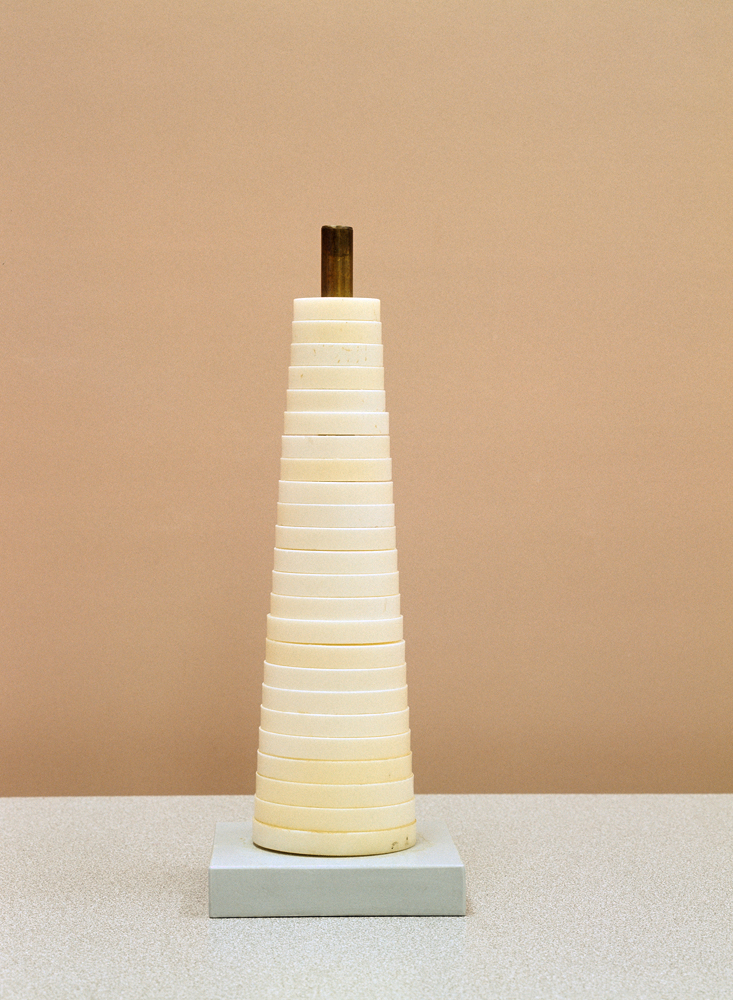
As a child, Sarah Sudhoff wanted to be a doctor. Her maternal grandparents were in the medical field, and she grew up with a healthy fascination for the human body. It’s fitting, then, that much of Sudhoff’s work relates to the human body and its frailty, a topic she finds instantly relatable. “I’m a naturally curious person and often seek photographic subjects that are less mainstream,” the Texas-based fine art photographer says. “I prefer pieces that leave a residue longer after I’ve walked away from the object or seen the photograph.”
Sudhoff had the chance to explore her passions in depth after she participated in the annual juried art exhibition at the Kinsey Institute for Research in Sex, Gender and Reproduction in Bloomington, Ind., in 2008. Her image, titled Exam 2, was selected for inclusion in the show and now hangs permanently in the Kinsey Institute. After her selection for the show, the photographer was invited to visit the Institute by Catherine Johnson-Roehr, curator of art, artifacts and photographs, as the Kinsey Institute’s first artist in residence in 2010.
“I spent four days absorbing medical journals and textbooks dedicated to the treatment of women in the early 20th century as well as hundreds of photographs of the female nude from the same time period,” Sudhoff says of her visit. “However on the last day of my residency, I witnessed a research assistant washing out a medical device in a small sink—the trough portion of the Biothesiometer. Although a rather routine event for everyone else at the Kinsey Institute, I was caught completely off guard yet intrigued.”
Up until that point, Sudhoff had not realized that psycho-physiological research was still being conducted at the Institute. “I stared at the instrument, wondering about the identity of the volunteer subject and the test being conducted. It was a potent reminder that sexual research is still happening, and it is just as pressing, and taboo, as it was 60 years ago,” she says.
This unexpected occurrence served as a catalyst for the project entitled Wired. In 2011, Sudhoff journeyed back to Bloomington to catalog many of the devices, both contemporary and vintage, that the Institute has used in its research.
“I spent months in the planning stages of the project, acquiring permission and arranging for my flight and accommodations. I only spent one weekend shooting,” she says. “I visited during Indiana University’s spring break while the Kinsey Institute was officially closed. It assured me uninterrupted time to work as well as prevented me from accidentally encountering volunteer research participants.”
Sudhoff believes some of our attitudes towards sex and our sexual selves have changed since the Kinsey Institute began its work, but much of the country is still quite conservative about sex and sexual acceptance.
“A few years ago, my husband went to a drugstore to purchase condoms. The woman behind him in line asked in a serious voice, ‘What, you don’t want to have children?’ ‘Not yet,’ my husband replied.” Sudhoff found herself both shocked and fascinated by the comment. “I found it interesting that a stranger was irritated enough to say something about our sexual habits and discuss them publicly, but at the same time, pass judgment on our choice to practice safe sex,” she said. “It left me wondering why it is only appropriate to discuss sex when it’s for reproduction and not for pleasure?”
Sudhoff still views the project as a work in progress and she’s exploring the possibility of adding additional devices to the series from research institutes like the Kinsey. “I’m not sure how the inclusion of another space and their instruments will work conceptually and aesthetically, but I feel it’s worth investigating,” she says.
Sarah Sudhoff is a fine art photographer based in Texas. See more of her work here.
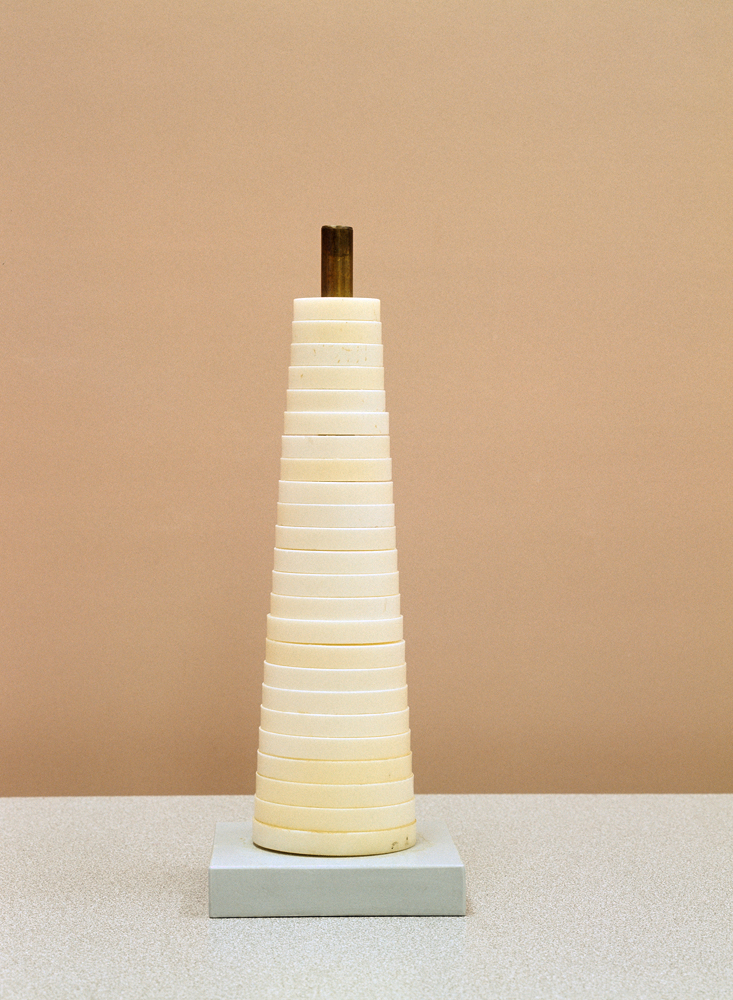
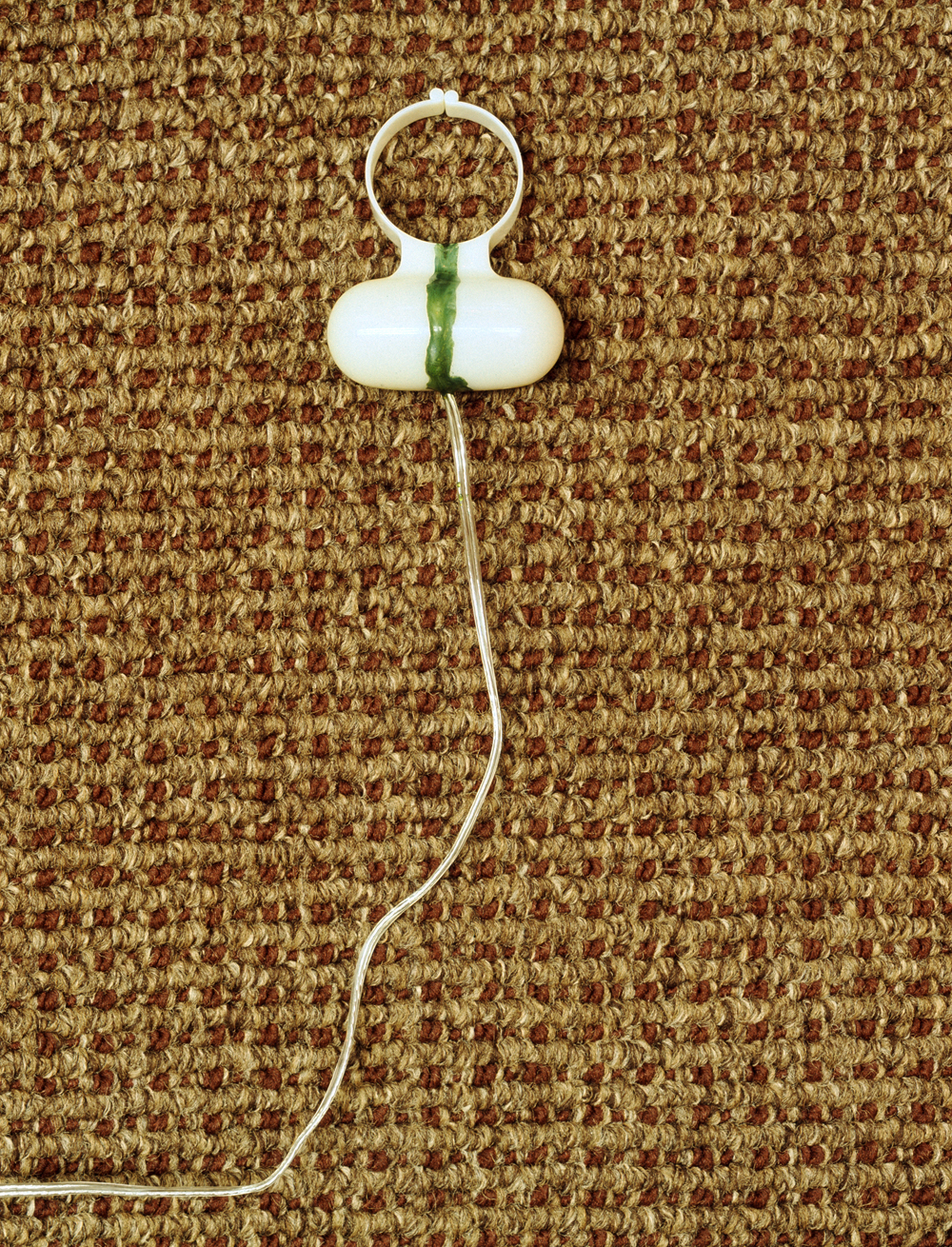
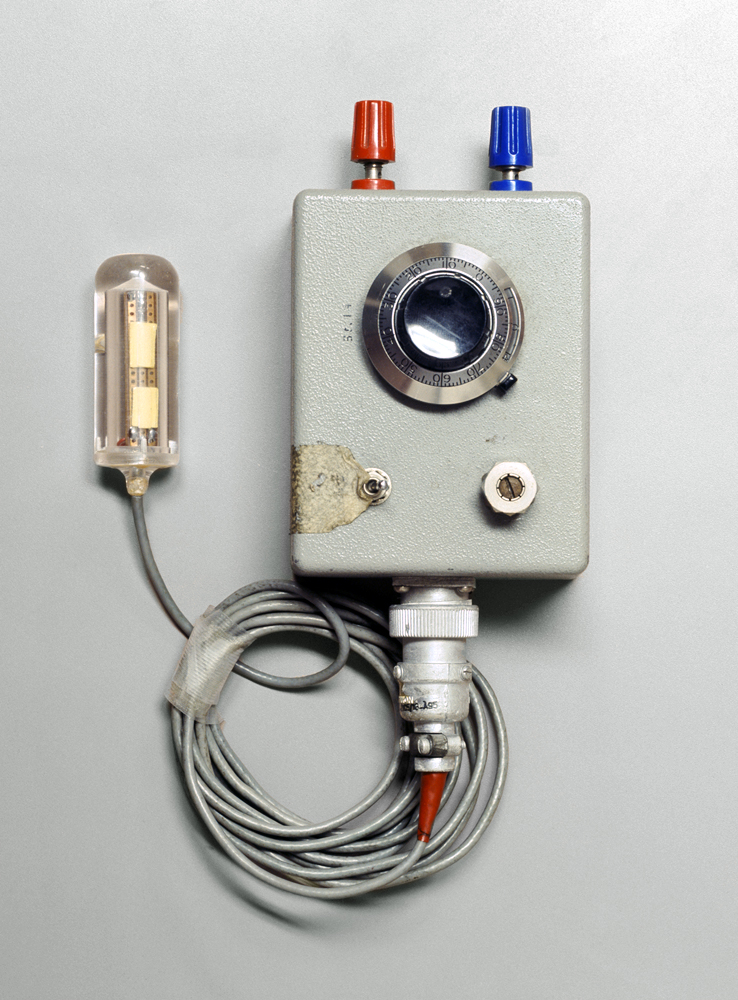
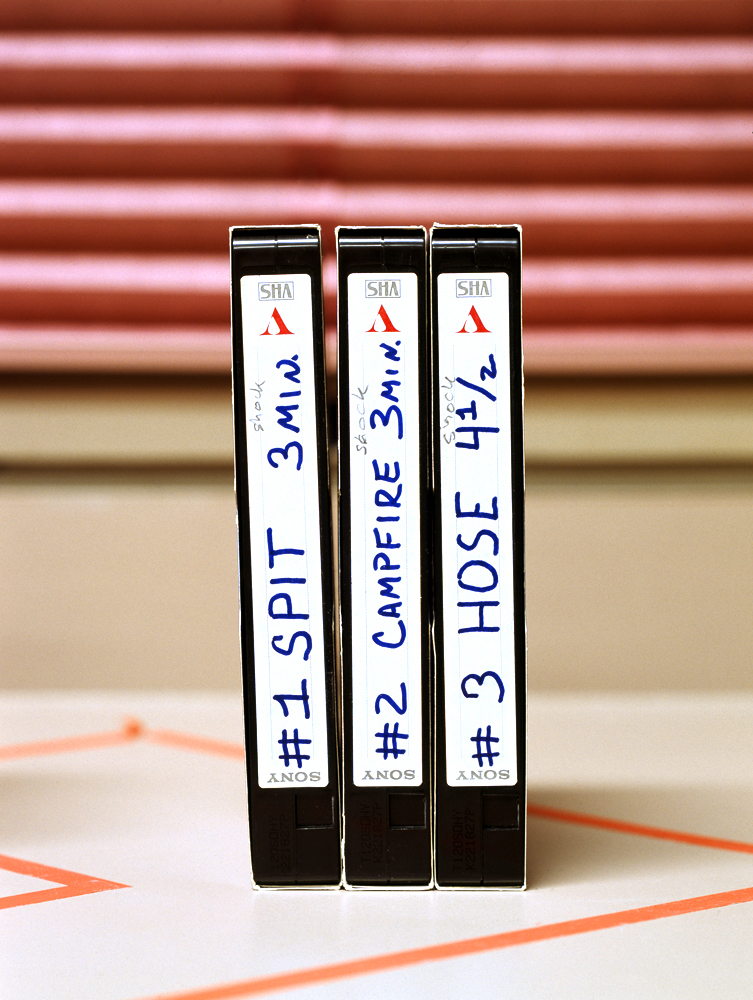
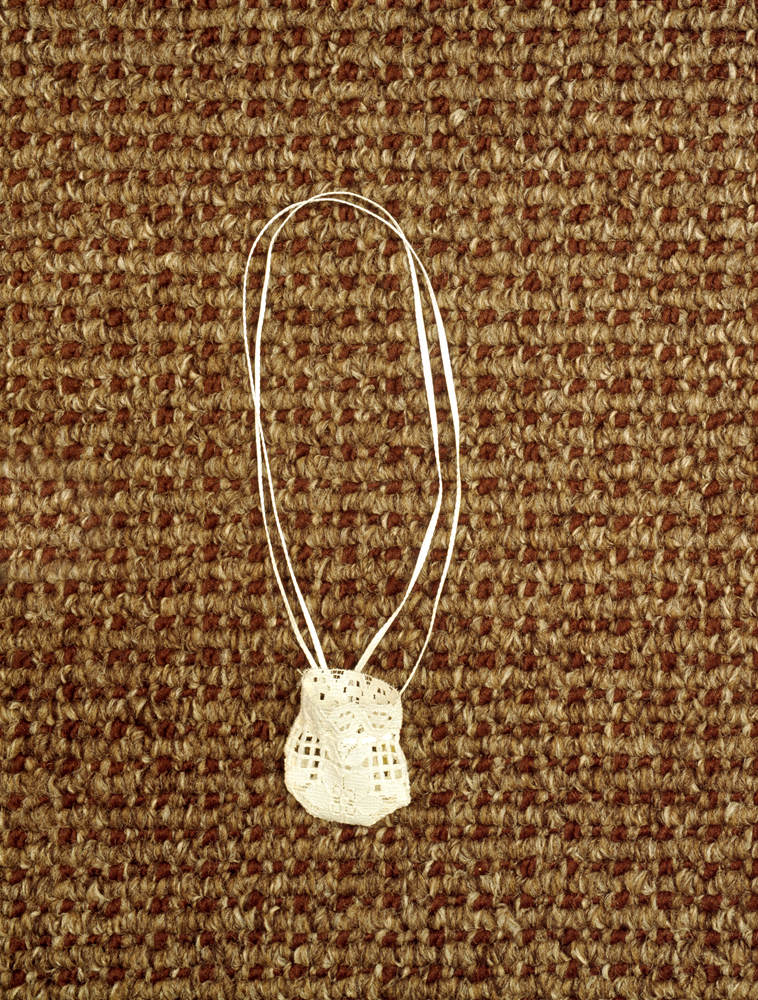
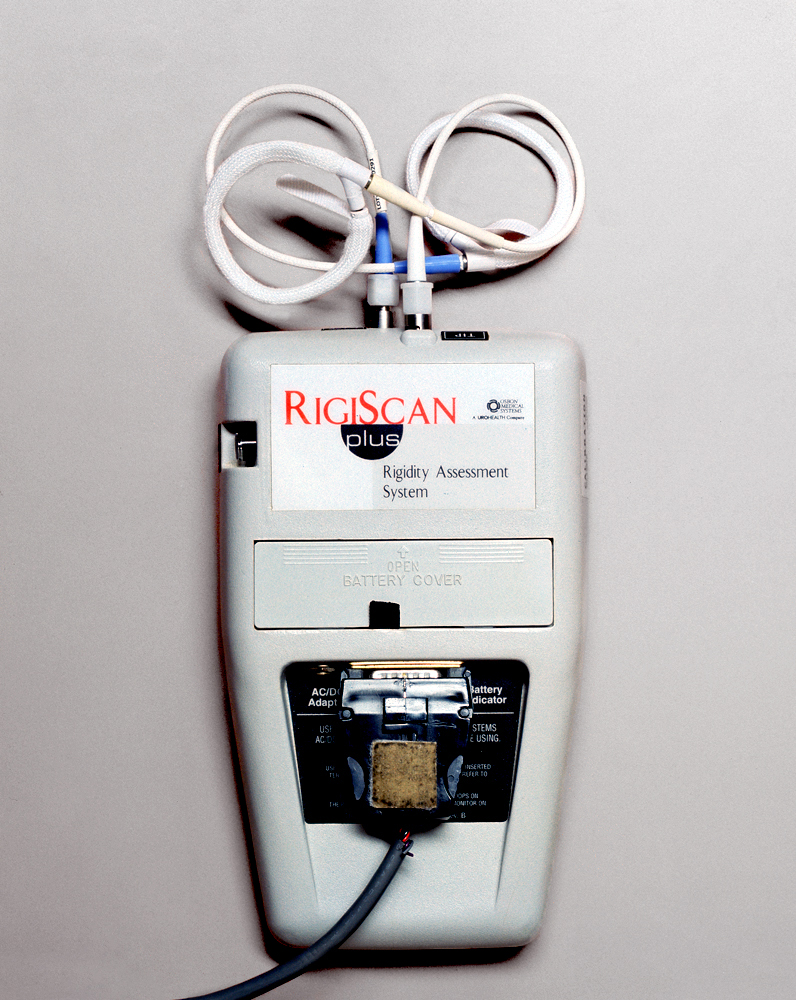
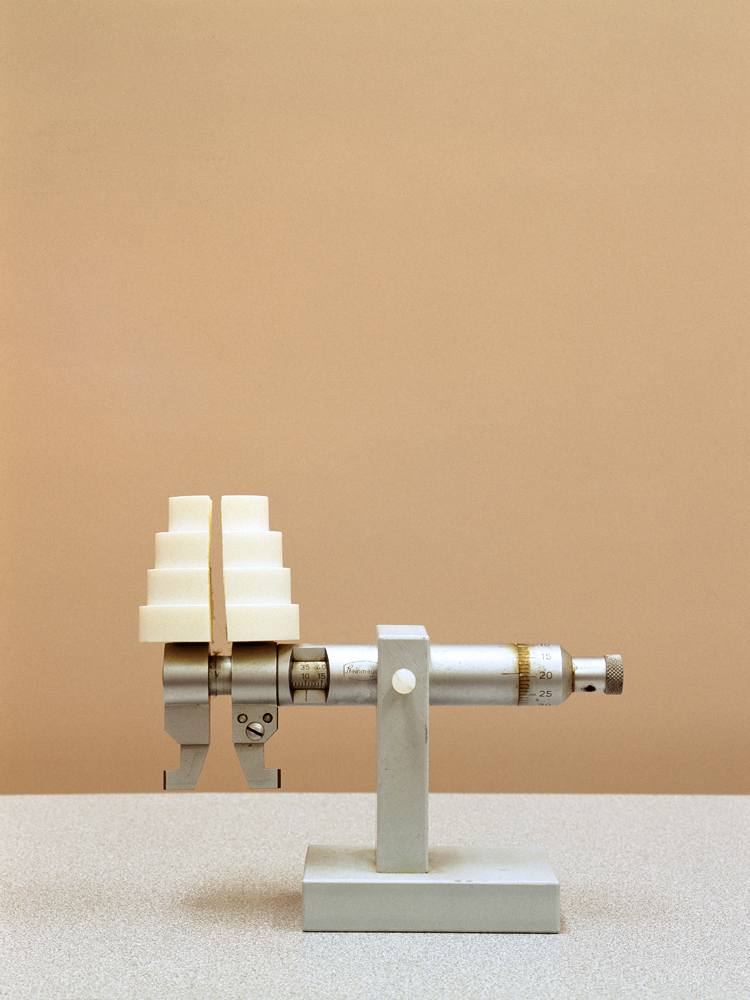
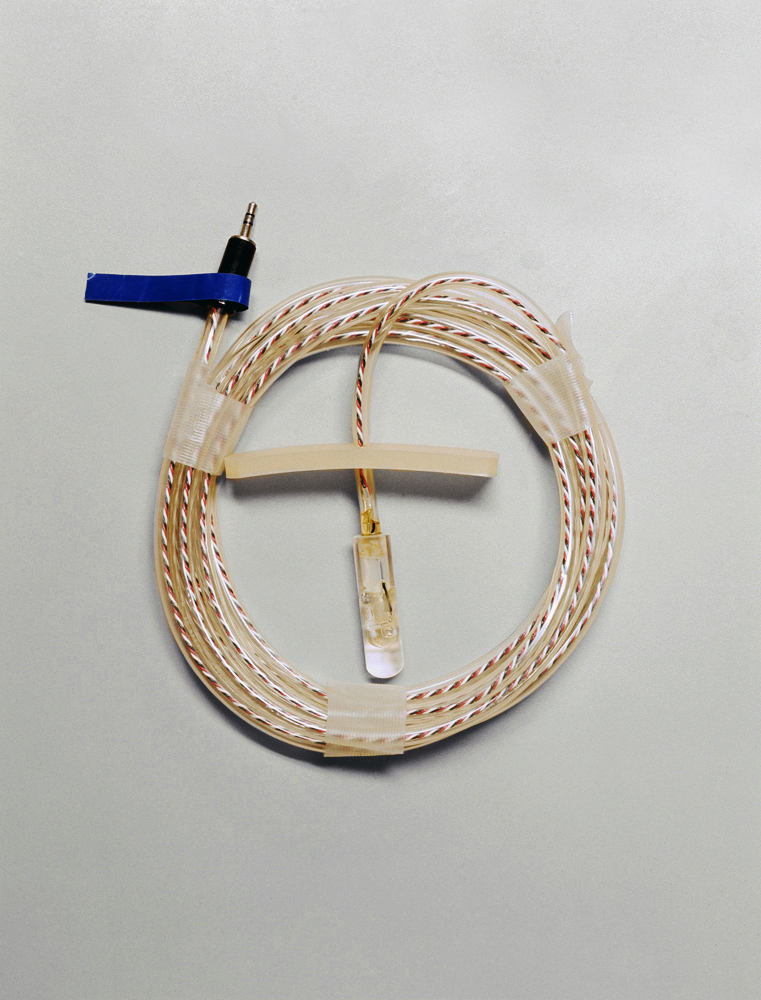
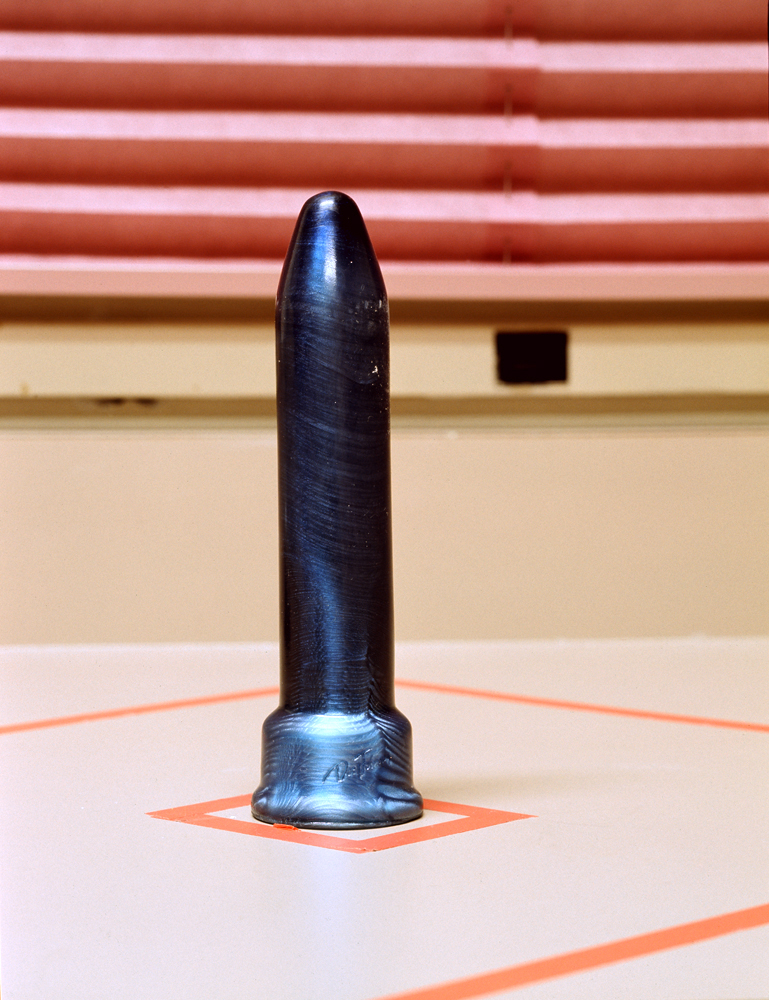
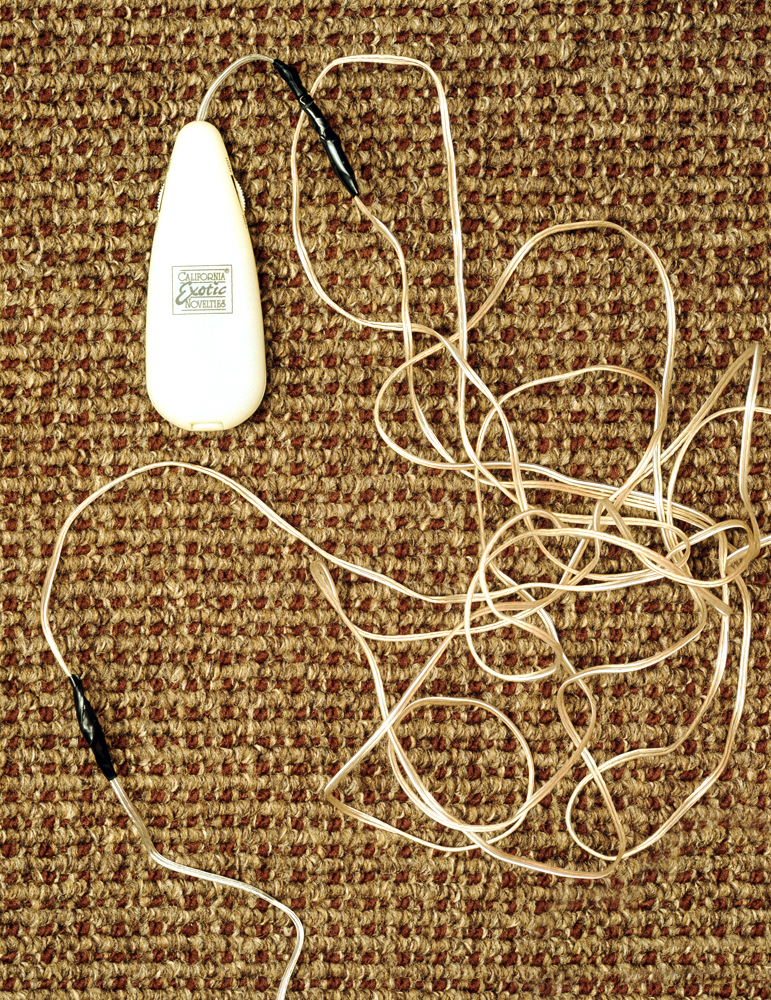
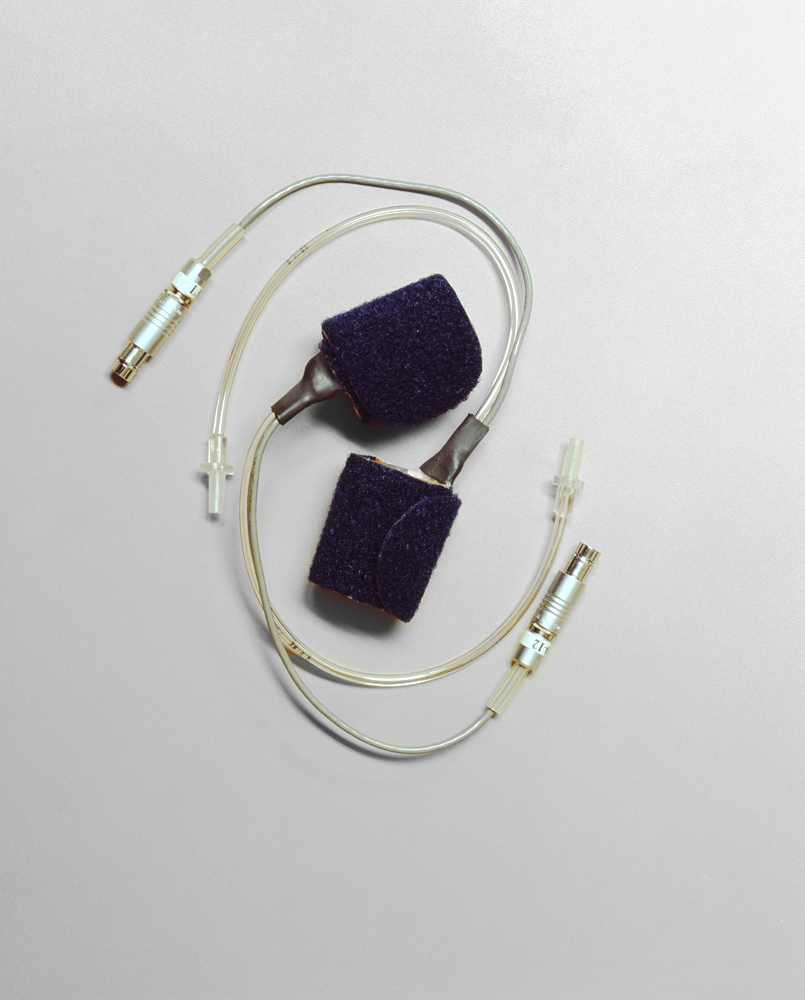
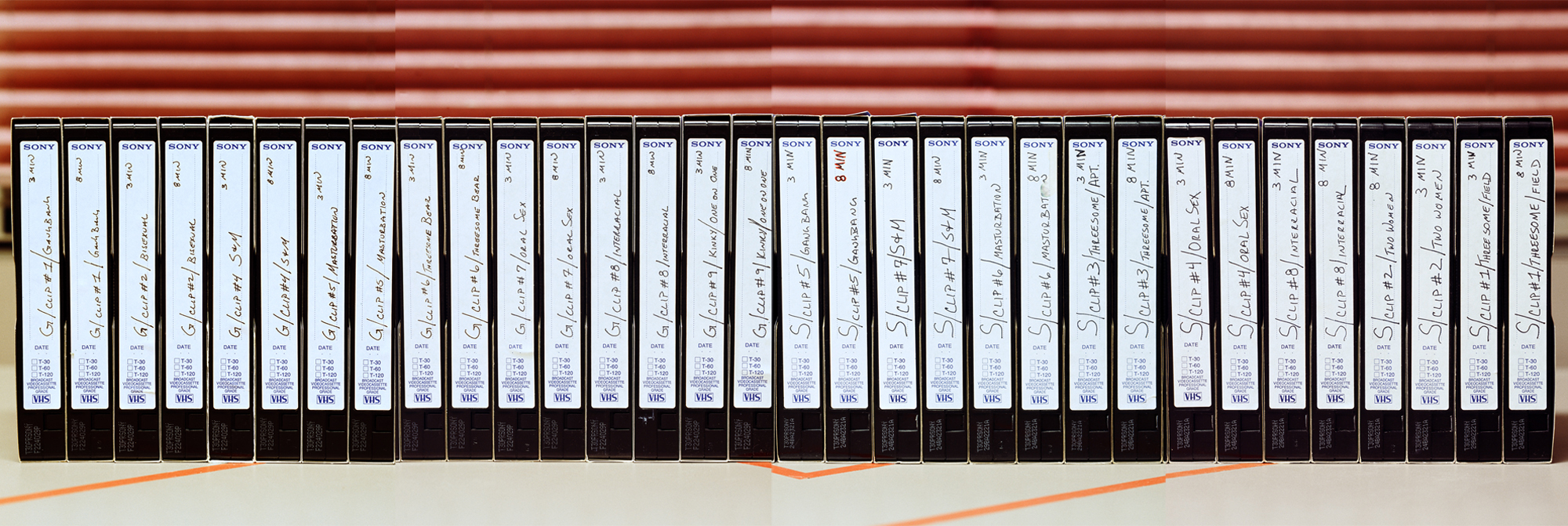
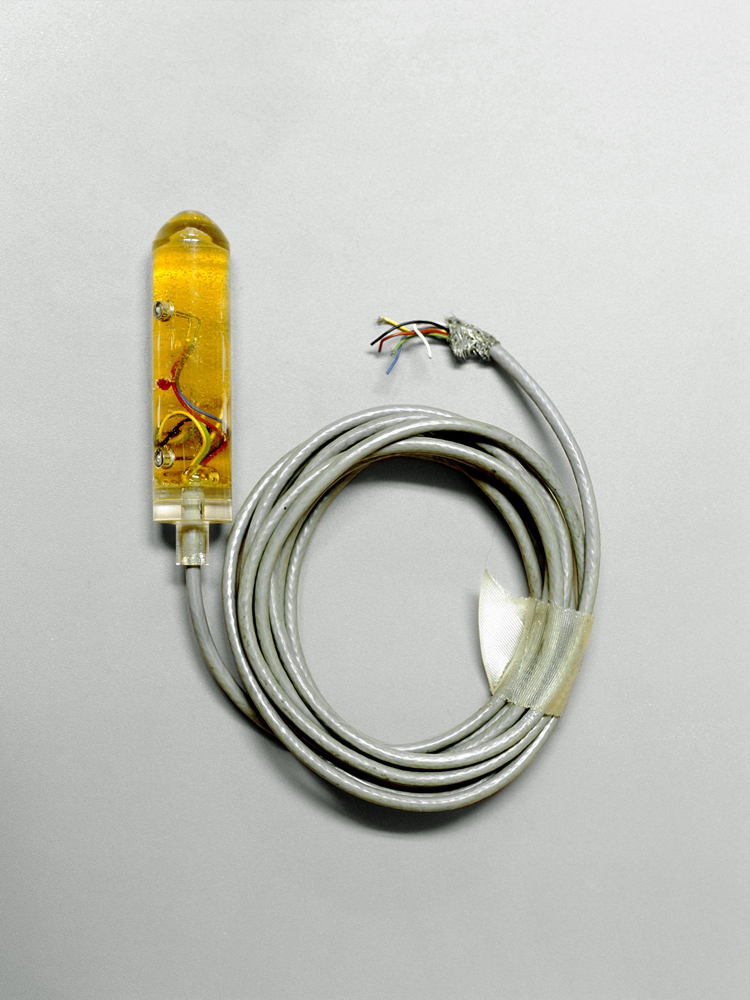
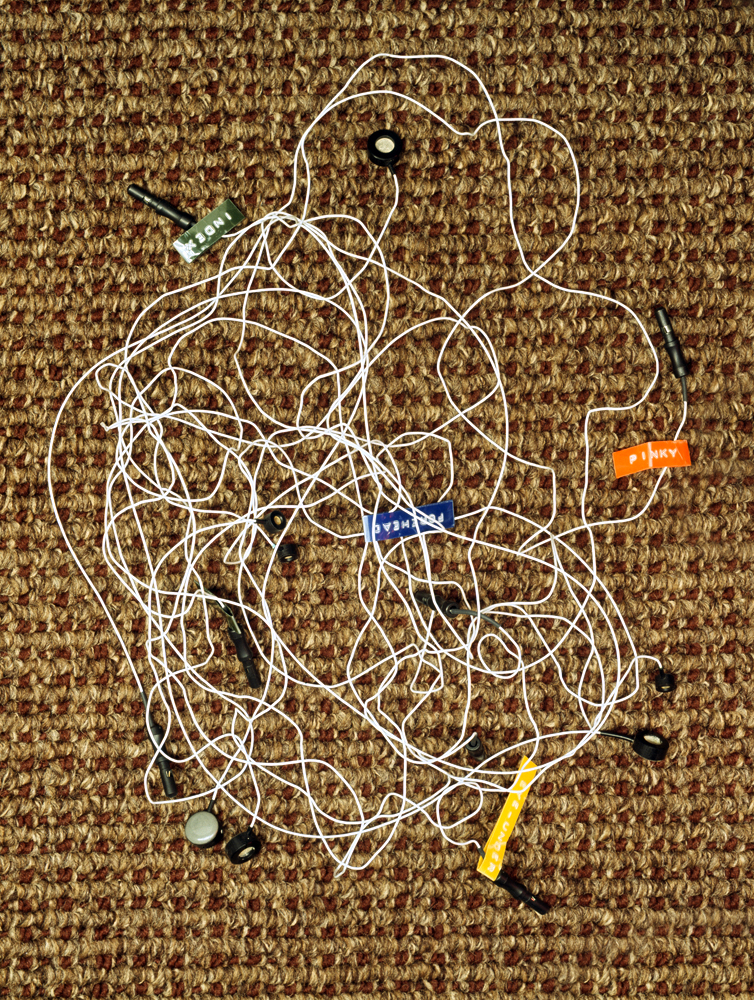
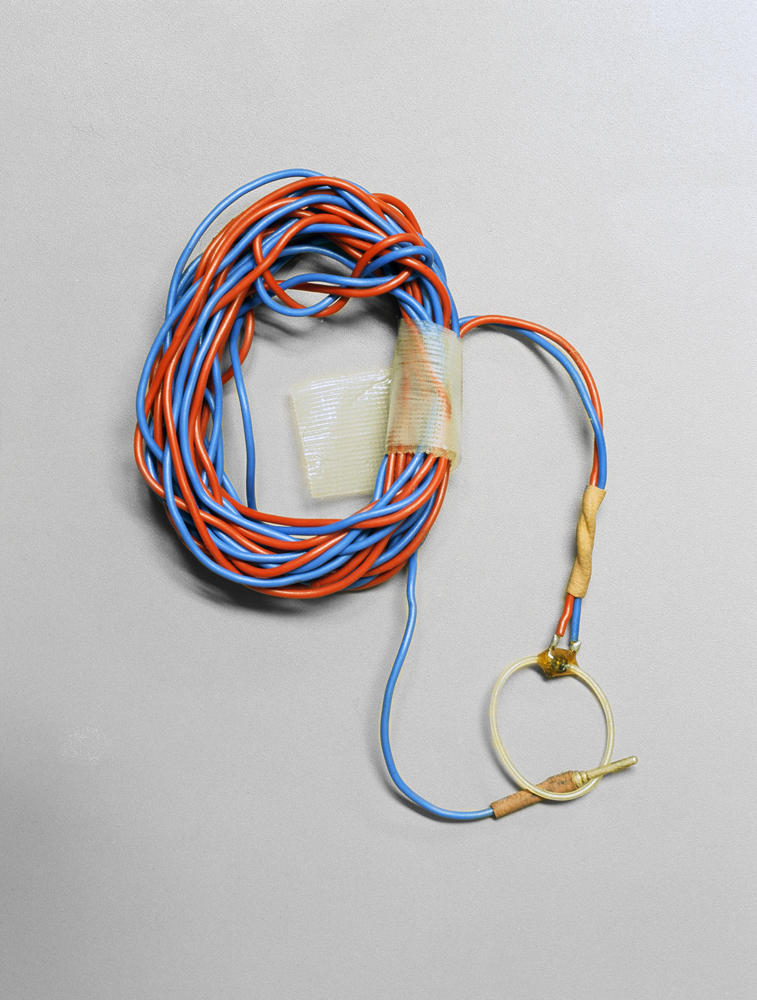
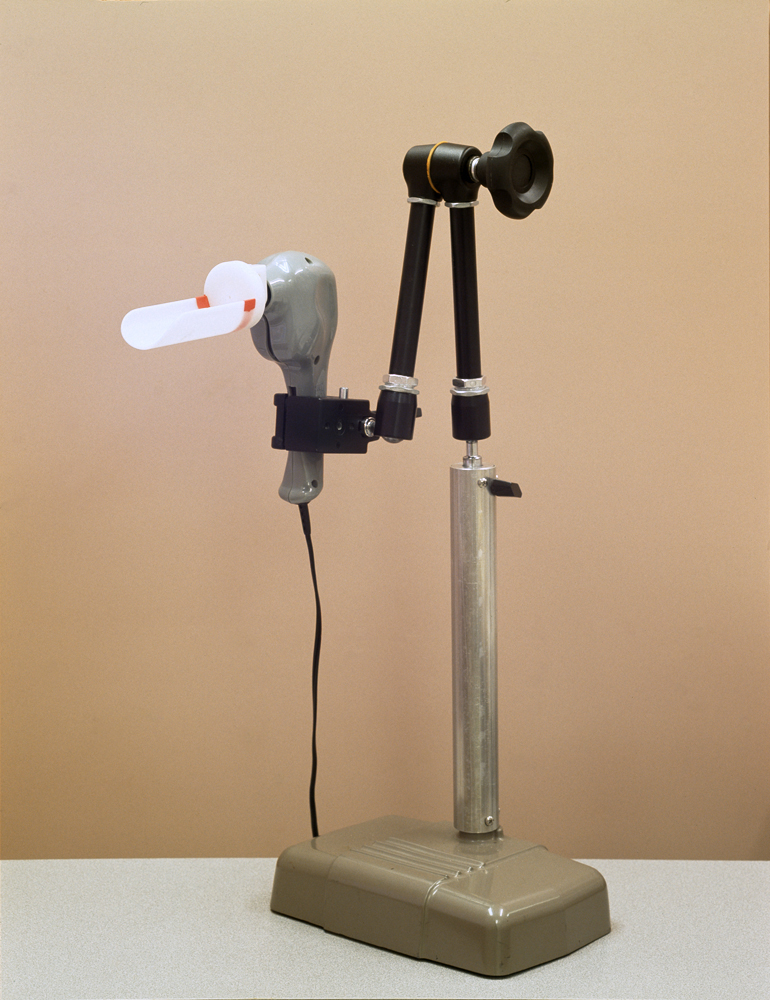
More Must-Reads from TIME
- Inside Elon Musk’s War on Washington
- Meet the 2025 Women of the Year
- The Harsh Truth About Disability Inclusion
- Why Do More Young Adults Have Cancer?
- Colman Domingo Leads With Radical Love
- How to Get Better at Doing Things Alone
- Cecily Strong on Goober the Clown
- Column: The Rise of America’s Broligarchy
Contact us at letters@time.com